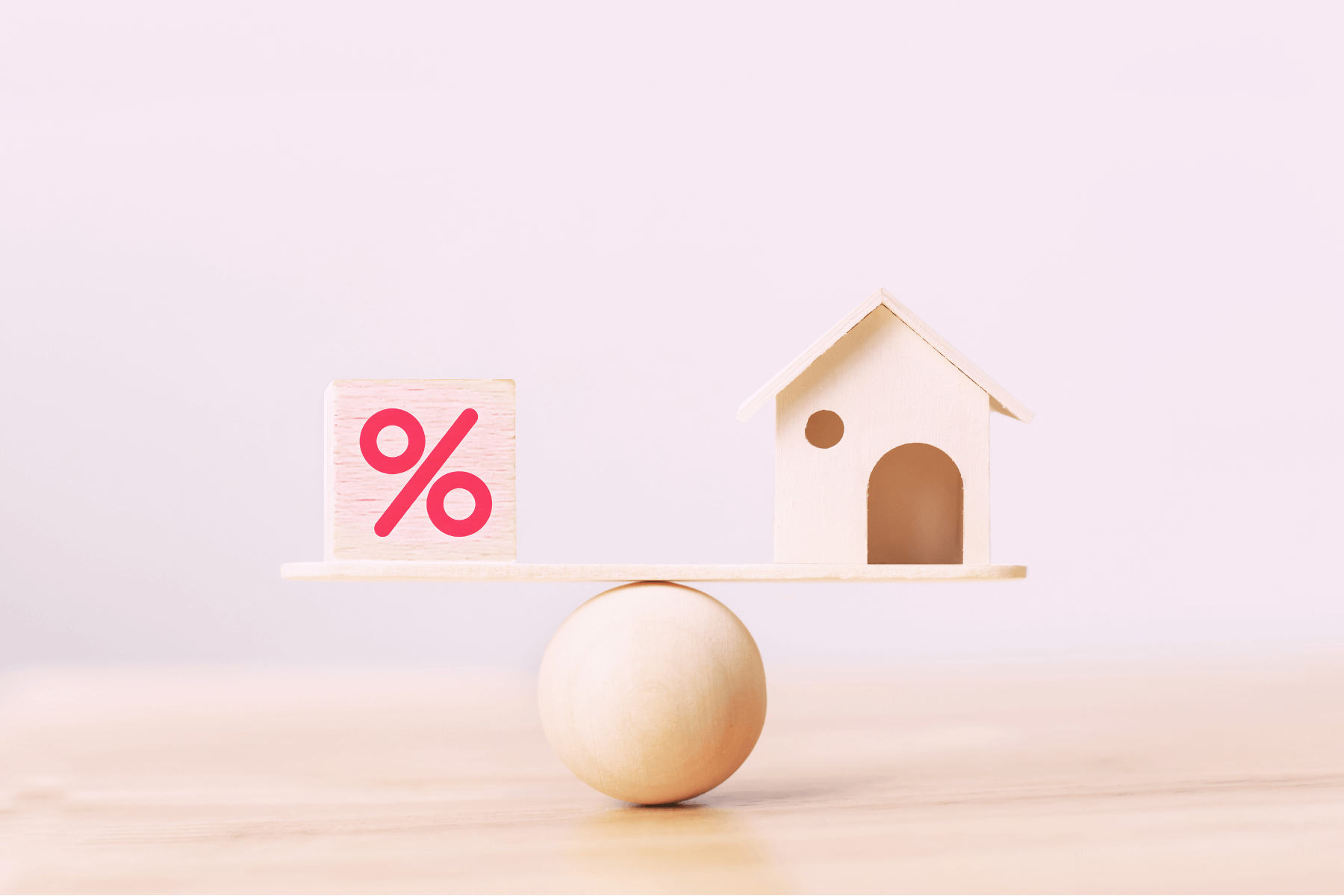Navigating the world of home loans can be daunting, especially when it comes to understanding interest rates. Interest rates directly impact how much you’ll pay over the life of your loan, making it essential to understand how they work and what factors influence them. This guide breaks down the types of home loan interest rates, factors affecting rates, and strategies for choosing the best rate for your situation.
Topics in this article:
What Are Home Loan Interest Rates?
Interest rates are the cost of borrowing money, expressed as a percentage of your loan amount. When you take out a home loan, you agree to pay back not only the borrowed amount (the principal) but also interest over time. Your choice of interest rate structure impacts how much interest you’ll pay over the term of the loan and can influence your monthly budget and long-term financial goals.
Types of Home Loan Interest Rates
-
Fixed Interest Rates
-
- With a fixed interest rate, your rate remains unchanged for a set period, usually between 1 and 5 years. This means your repayments stay consistent, making it easier to budget. Fixed rates offer stability but may come with fewer features, like limited flexibility to make extra repayments.
-
Variable Interest Rates
-
- Variable rates fluctuate based on changes in the broader economic environment, often moving up or down in line with the Reserve Bank of Australia’s cash rate. While variable rates can mean lower repayments when rates decrease, they can also increase your repayments if rates rise. Variable loans often allow for additional features, such as extra repayments, redraw facilities, and offset accounts.
-
Split Interest Rates
-
- A split loan allows you to fix a portion of your loan while keeping the remainder variable. This option provides the stability of a fixed rate for part of your loan and the flexibility of a variable rate for the rest. It can be a good middle ground for borrowers seeking both predictability and potential savings.
Factors That Influence Home Loan Interest Rates
The Reserve Bank of Australia (RBA) Cash Rate
The RBA cash rate is a key driver of home loan rates. When the RBA raises or lowers the cash rate, lenders typically adjust their variable interest rates in response.
-
Economic Conditions
-
- Interest rates are influenced by inflation, employment rates, and economic growth. In periods of high inflation, for instance, interest rates tend to rise as a means to control spending and stabilise the economy.
-
Your Loan Amount and Loan-to-Value Ratio (LVR)
-
- Your LVR (loan amount relative to the property’s value) can affect your interest rate. A higher LVR (e.g., 90%) may attract a higher rate due to increased risk, while a lower LVR (e.g., 80% or below) often qualifies for more competitive rates.
-
Credit Score and Financial History
-
- A strong credit history may make you eligible for lower interest rates, while a lower score could mean higher rates. Lenders use your credit score to assess the risk of lending to you, impacting the rate they offer.
Fixed vs. Variable Rates: Which is Right for You?
Choosing between fixed and variable rates depends on your financial goals and risk tolerance:
-
Choose Fixed If:
- You prefer stable, predictable repayments.
- You’re concerned about potential rate rises.
- Budgeting certainty is a priority for you.
-
Choose Variable If:
- You want flexibility to make additional repayments.
- You’re comfortable with potential changes in repayments.
- You want to benefit if rates decrease in the future.
For many borrowers, a split rate option can balance stability and flexibility, giving you the benefits of both fixed and variable rates.
What Are Comparison Rates, and Why Do They Matter?
When comparing home loans, you may notice two different rates advertised: the interest rate and the comparison rate. While the interest rate shows the basic cost of borrowing, the comparison rate provides a more complete picture by accounting for both the interest rate and additional fees and charges associated with the loan.
-
How Comparison Rates Are Calculated
-
- The comparison rate factors in ongoing fees (like monthly or annual fees) and upfront costs (such as application fees) to give a better idea of the actual cost of the loan. This is expressed as a single percentage, making it easier to compare loans at a glance.
-
Why Comparison Rates Are Important
-
- While a loan may have an attractive interest rate, hidden fees can add up and make it more expensive overall. The comparison rate can help you spot these differences, allowing you to make a more informed choice when selecting a loan.
For example, if Loan A has a 4% interest rate but a 4.5% comparison rate due to added fees, and Loan B has a 4.2% interest rate with a 4.3% comparison rate, Loan B may end up being the more affordable choice in the long term.
Learn more about fixed and variable rates.
How to Find the Best Home Loan Interest Rate
-
Compare Rates and Lenders
-
- Rates vary between lenders, so it’s essential to shop around. Comparison websites can give you a snapshot of available rates, though speaking with a broker often provides more insight into which products align with your needs.
-
Consider Additional Loan Features
-
- Lower interest rates are enticing, but it’s important to weigh up the value of additional features, such as redraw facilities or offset accounts. These features can provide savings and flexibility in managing your loan.
-
Look Beyond the Interest Rate (Consider Comparison Rates)
-
- A loan’s advertised rate may not reflect the true cost. Comparison rates account for fees and charges, giving a better indication of the overall cost of the loan. Be sure to consider the comparison rate when comparing home loans.
Frequently Asked Questions
-
What’s a good interest rate on a home loan?
-
- A “good” rate depends on market conditions and your financial profile. Generally, you’ll want a rate that aligns with the current average while offering features that support your financial goals.
-
Can I switch between fixed and variable rates during my loan term?
-
- Yes, but switching can involve fees, especially if breaking a fixed-rate period early. Consult with your lender or broker to understand the costs involved.
-
Is refinancing worth it if interest rates drop?
-
- Refinancing can lower your repayments if rates decrease. However, it’s essential to consider refinancing costs and whether you’ll benefit in the long run.
Understanding home loan interest rates can empower you to make better financial decisions and save money over the life of your loan. Whether you’re considering a fixed, variable, or split rate, taking the time to understand each option and what impacts interest rates can help you choose the best path forward. For personalised advice and help finding the right home loan to fit your unique needs, reach out to Australian Finance Hub—we’re here to guide you every step of the way.





